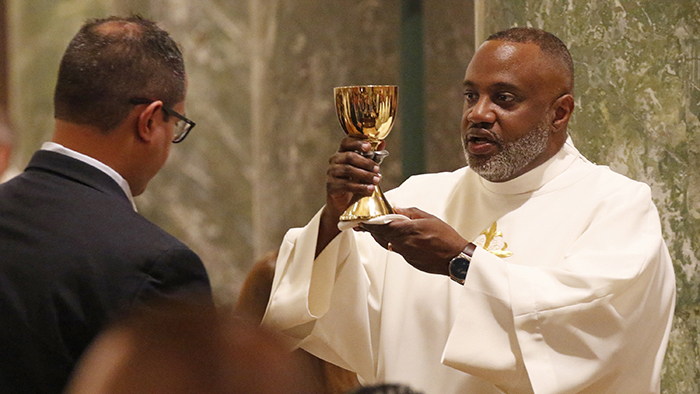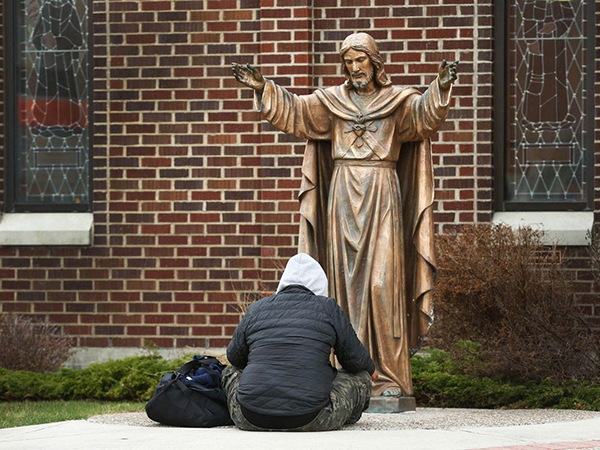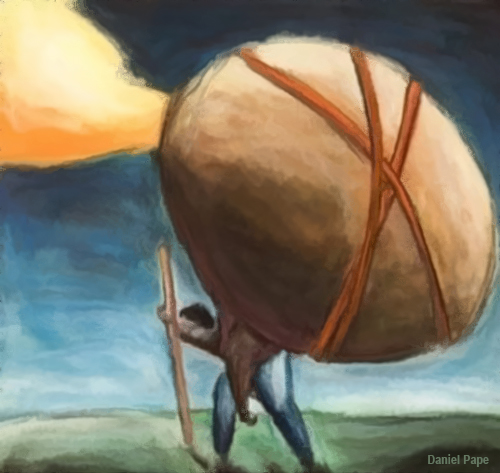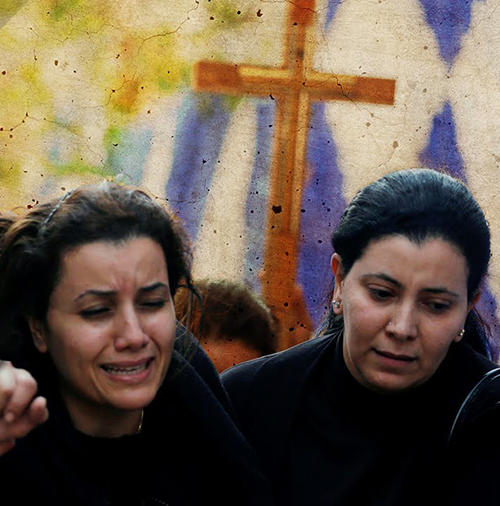
As we journey through life in search of the answers to the “why” of life, we learn that salvation can only come when we surrender to God. Scripture is not as much about worthiness as it is about surrender. What God wants from us is not a million acts of virtue, but a million acts of surrender, culminating in one massive surrender of soul, mind, and body. When we have given up everything and are entirely helpless to give ourselves anything, as we will all eventually be when we face death, then salvation can be given to us. Fr. Rolheiser writes that this is the key; salvation can only be given to us as it can never be taken, earned, or possessed by right or might. Perhaps this is not so true for the first forty or so years of our lives because we are still seeking to come to bloom. We are young and looking to grow and thus are like a flower that still needs to take in things in order to bloom and come to seed. There is then more place for assertion, ambition, achievement, for accumulation. In the ideal order of things, surrender is for the mature, for the flower that has come to bloom and needs to give off its seed. That is less true of us during the first half of our lives, for we are still building, but it becomes the most profound truth of the second half of life. After forty, understood religiously, life is not about claiming worthiness or building things, especially our egos, but about getting in touch with helplessness. Age brings us physically to our knees, and more and more, everything we have so painstakingly built up begins to mean less and less. But that is the order of things: Salvation is not about great achievements but about a great embrace, and, as C.S. Lewis puts it in his outstanding work, “The Great Divorce,” all we must do is surrender.









